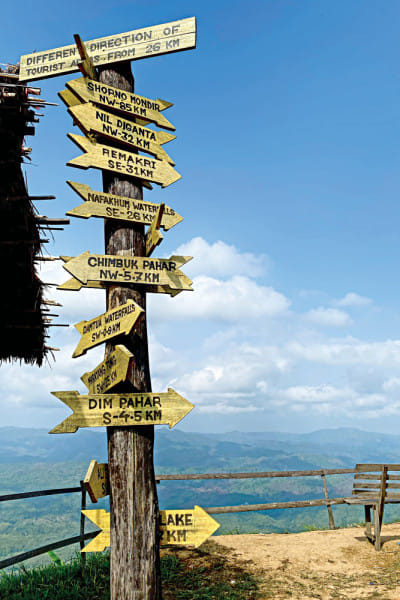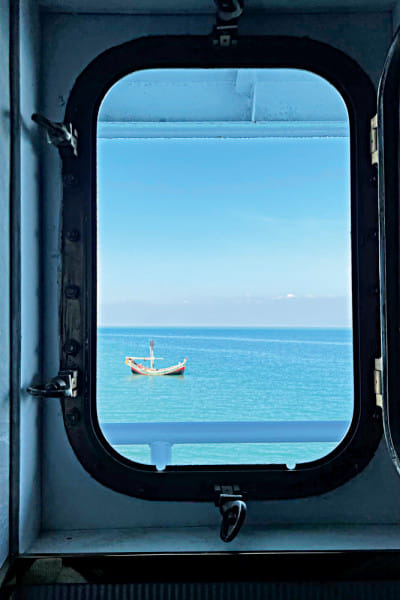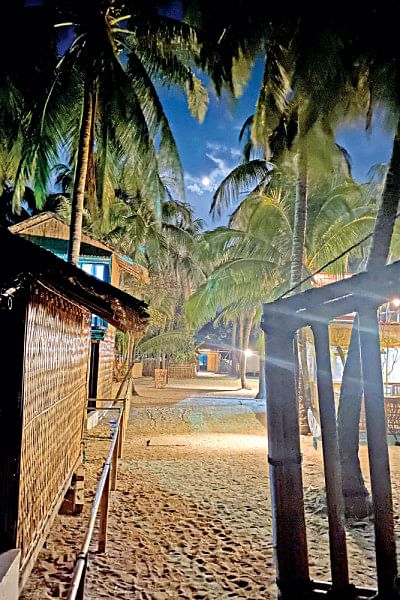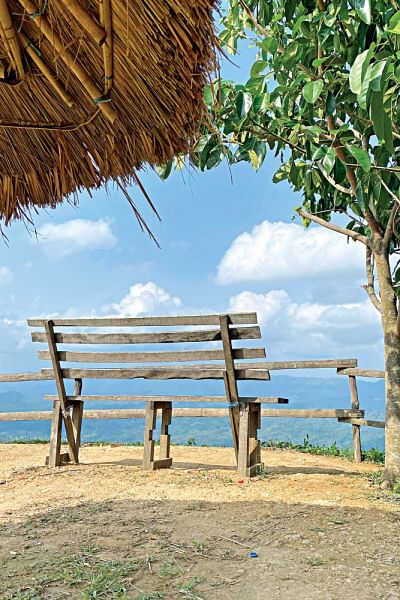Middle class driving our tourism


Travel is all about broadening your perspective. It allows you to encounter different ideas, viewpoints, cultures, scenery, and even cuisines. There was a time when travelling was considered a luxury. It was only meant for the upper-class of society; middle-income families went for leisurely trips once in a blue moon, and mostly inside the country. This narrative has changed with time as travellers are now more inclined to taking trips, albeit ones that are more budget friendly.
Our country, which is rich in natural resources, already has a lot to offer tourists. A popular idea in the tourist sector right now, which is also quite budget friendly, is eco-living, sometimes known as eco-resorts. In a developing country like ours, they are still a relatively new notion but eco-resorts are critical to the expansion of our country's tourist economy.
To appeal to the tech-savvy young crowd who are now travelling to every nook and cranny of the country, travel companies are leaning more towards online booking and aiming to digitalise their operations as much as possible.
Some travel businesses, such as ShareTrip and GoZayaan, cracked the code before others. In order to solve the most common problems in the local travel sector, these firms offered hotel, bus, and flight bookings totally online.
Sharfaraz Islam, a businessman, has been an avid traveller within the country since his college days. Commenting on the days of the past he said, "Planning a trip with friends or family was once a herculean task. From going to the bus terminal just to book a ticket to looking for a suitable hotel or inn to stay in without proper verification that too with a high price tag for tariffs along with hopping from one place to another was a nightmare. This is why I always preferred travelling alone.
Commenting on the current landscape, he believes that the potential for tourism is exponential.

"In the last 5 or 6 years, things have drastically changed. Thanks to these online tourism services, things have been made much easier for me and my family. I can plan a trip without thinking much about the cost or the logistics. This hassle-free approach to traveling has made it easy for people like me to plan trips even a day before!" Sharfaraz Islam added.
Companies like GoZayaan and ShareTrip moved the analogue travel business online to address challenges that consumers face when booking travel offline. These services have also aided in the empowerment of tourists. Any visitor may now organise their own vacations with their assistance. Such systems also provide increased security, cost-effective bargains, and fully automated payment operations.

"We are putting in long hours to develop the ideal travel brand.
We don't plan to rest until the whole ecosystem reaches global standards," said Ridwan Hafiz, the founder and CEO of GoZayaan.
According to Samiur Rahman, the Assistant Manager of ShareTrip, the tourism industry of our country has not reached its peak yet.
"ShareTrip began in 2014. Back then, the majority of our clients were people who were travelling abroad. But now, people are more interested in exploring our local travel destinations on a budget. And we are working relentlessly to arrange such trips for our clients," shared Rahman.

Rahman believes that budget trips in our country would benefit a lot from ensuring the safety of travellers and quality of the services.
"There is no doubt that our local tourism is thriving like never before. However, safety still remains a concern. If strong measures are taken, the possibilities of this industry are endless," Rahman added.
According to the World Travel and Tourism Council (WTTC), Bangladesh's tourism industry will employ almost 1.7 million people by 2023, accounting for 4.2 per cent of the total labour force. Bangladesh has a rich natural and cultural legacy, and its hospitality culture may be an extra draw for visitors and travellers. It contains everything that will appeal to both domestic and foreign visitors. However, we must continue attracting foreign tourists since there is still room for development in several areas.
Photo: K Tanzeel Zaman

 For all latest news, follow The Daily Star's Google News channel.
For all latest news, follow The Daily Star's Google News channel. 



Comments